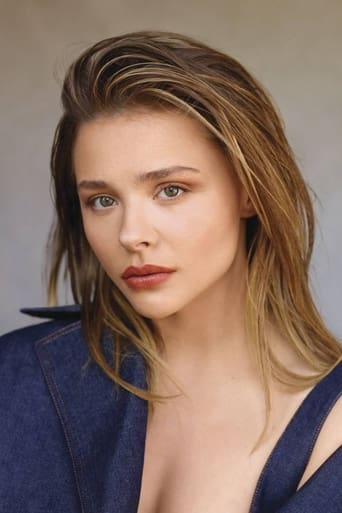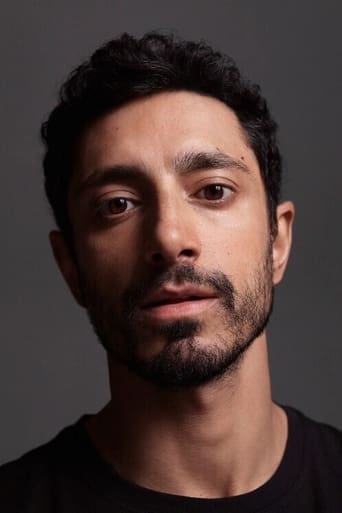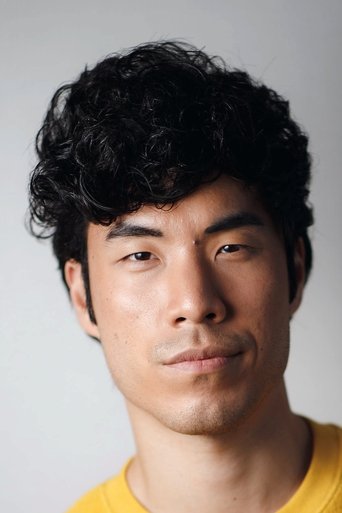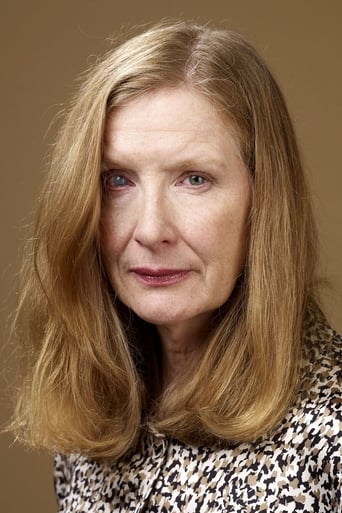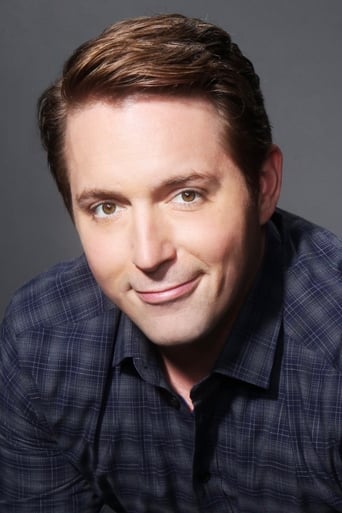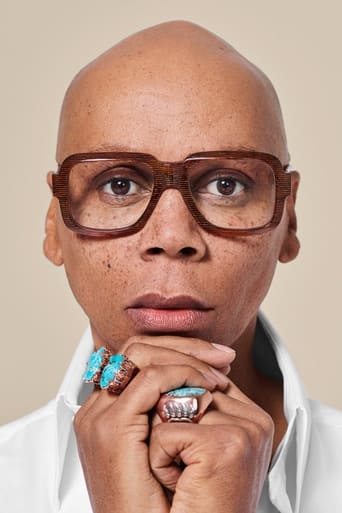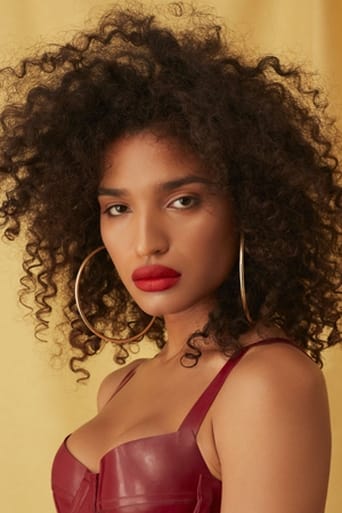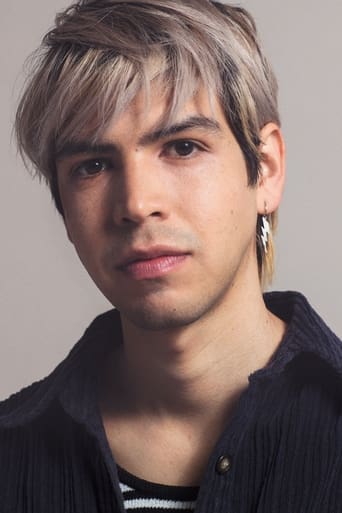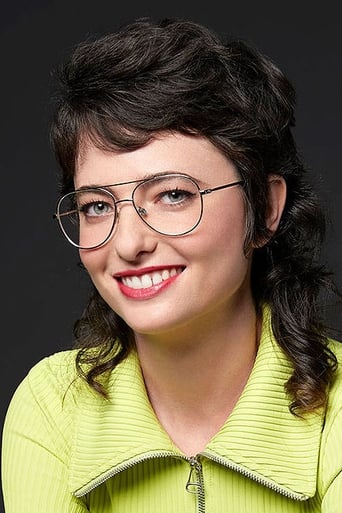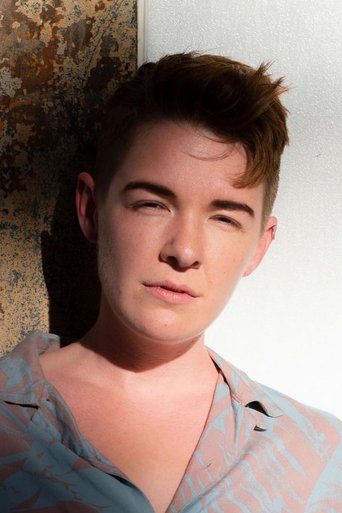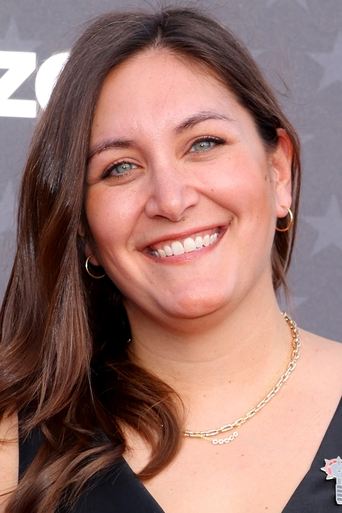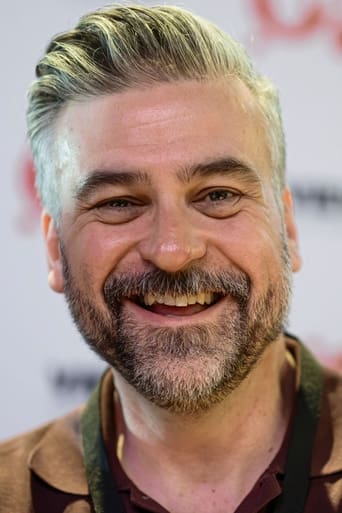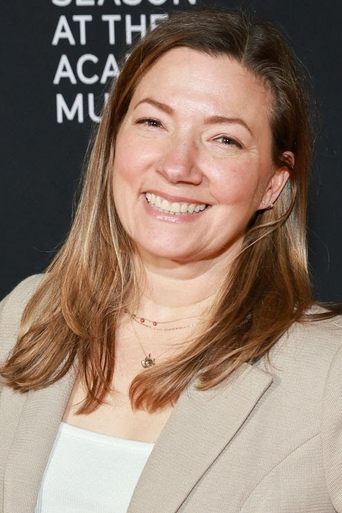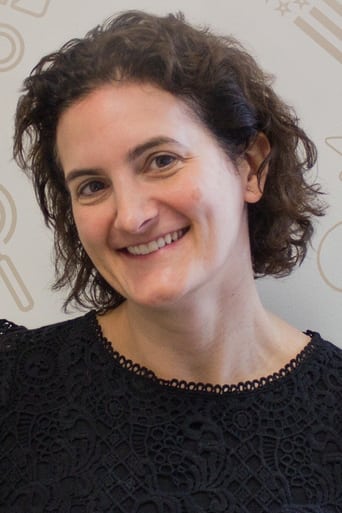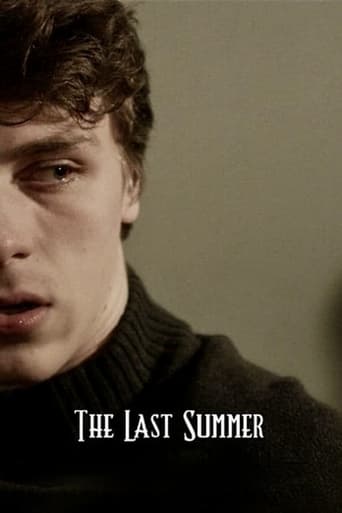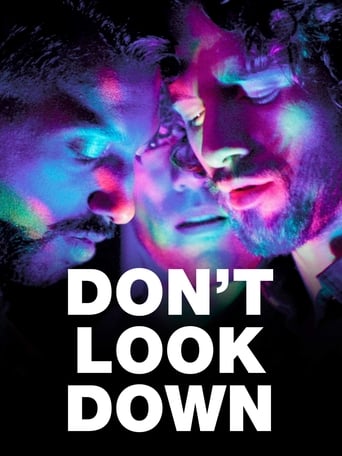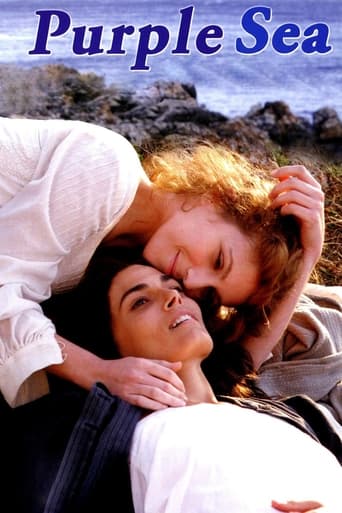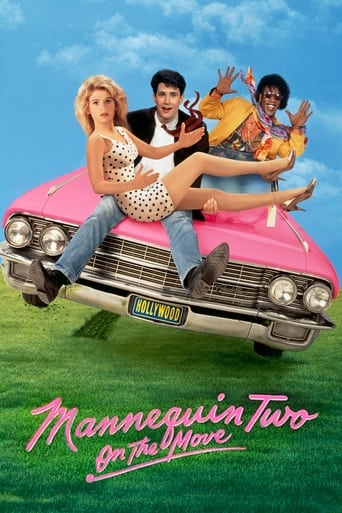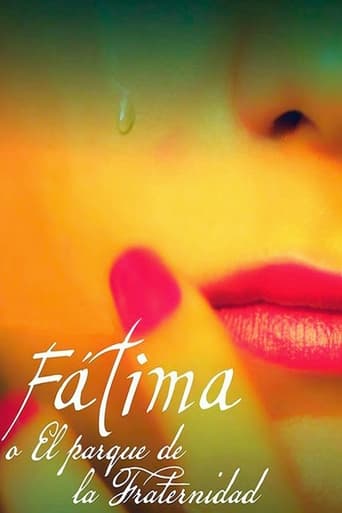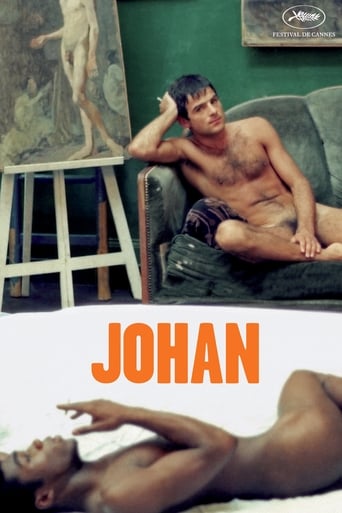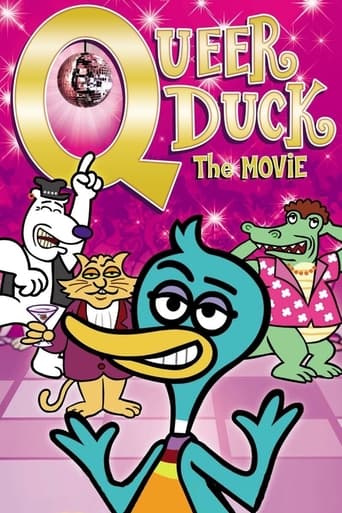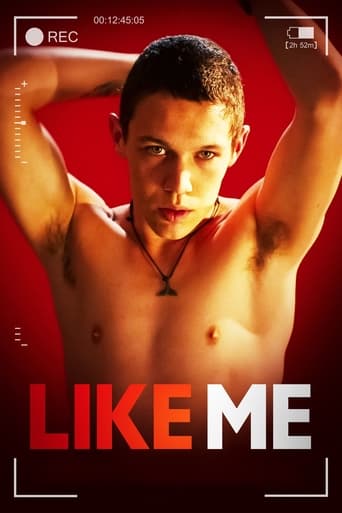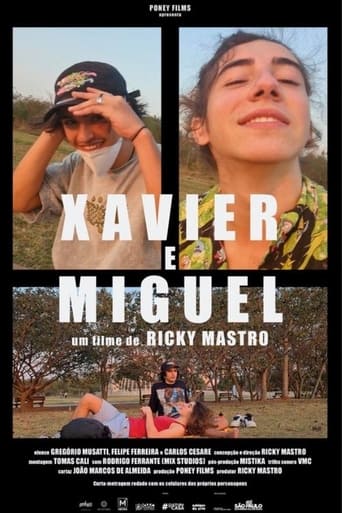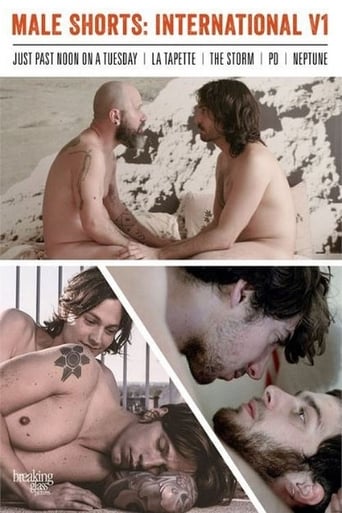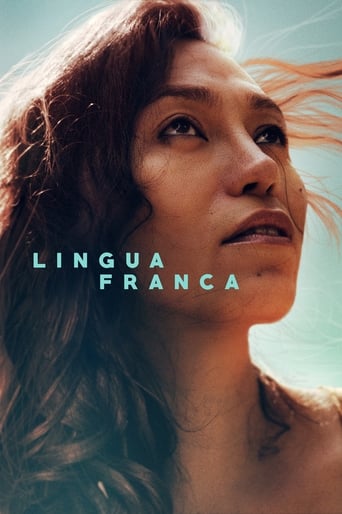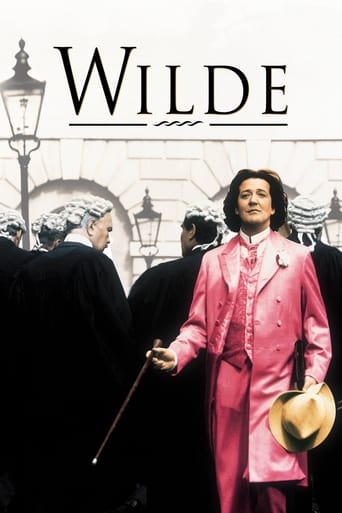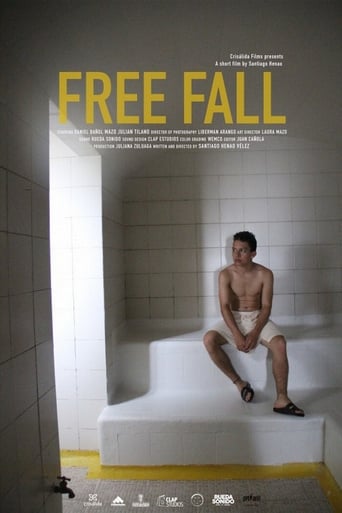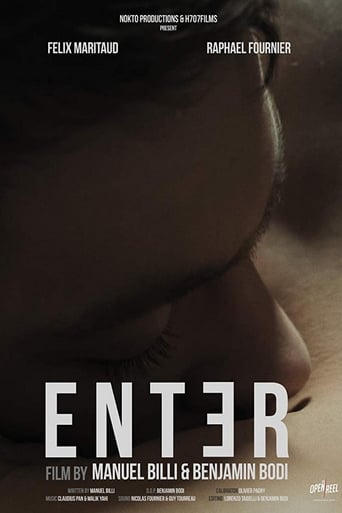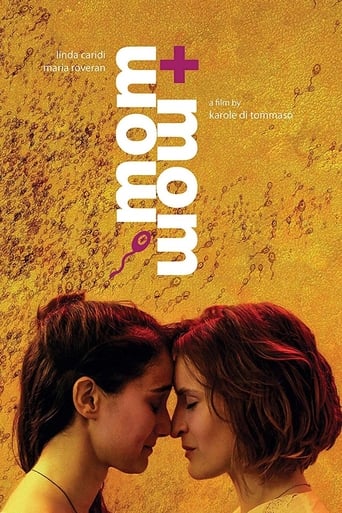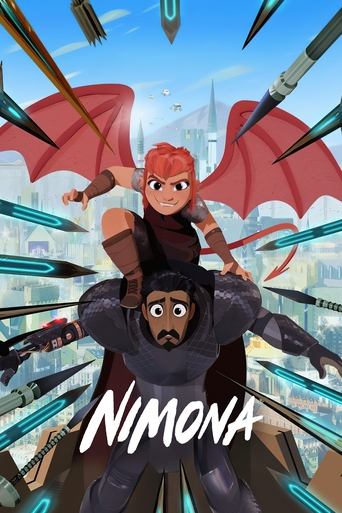
Nimona (2023)
A knight framed for a tragic crime teams with a scrappy, shape-shifting teen to prove his innocence.
- Nick Bruno
- Troy Quane
- Heather Larkin
- Pamela Ribon
- ND Stevenson
- Ian Southwood
- Robert L. Baird
- Lloyd Taylor
- Robert L. Baird
- Lloyd Taylor
- Pamela Ribon
- Nick Bruno
- Troy Quane
- Keith Bunin
- Marc Haimes
- ND Stevenson
- David Pimentel
- Esteban Bravo
- Travis Blaise
- Jony Chandra
Rating: 7.895/10 by 1101 users
Alternative Title:
怪物少女妮莫娜 - TW
Nimona - US
Country:
United Kingdom
United States of America
Language:
English
Runtime: 01 hour 39 minutes
Budget: $0
Revenue: $0
Plot Keyword: monster, knight, based on graphic novel, metamorphosis, lgbt, shape shifter, teenager, science fantasy
Well, this is a bit different. Sci-fi knights? Yeah, I can dig that. There's a lot of fun to be had here but a lot of meaning and dark emotion runs right alongside it. I do have a bit of a gripe about two of our main players being gay though. No, I don't have a problem with anyone's sexual persuasion, it just seems like every movie these days has to include a gay or lesbian couple. It's like there's some Hollywood mandate that demands it. Even when it adds absolutely nothing to the story being told. Great watch. Be prepared to cry.
**_This review may contain spoilers._** Nimona might be the most joyful film I've watched in a very long time. Anime or not, it's just.pure.unadulterated.fun! Putting aside for a moment the serious subtext of the story, Nimona is a first-class super-hero, and with very real, very human emotions. On top of all that, she is a first-rate comedian too. "Arm chopping is not a love language." (Nimona read Chapman's book!) If I heard she was going to be at the Improv, I'd be looking for tickets! Chloë Grace Moretz hit this character right over the outfield wall. The script, the animation, and Chloë combine to make Nimona completely magnetic. Empathize with a character? I was totally in love. Riz Ahmed, the other lead voice, leveled right up to Chloë's energy. He played the double-minority cross he bore, with reality and complexity. Those two under-dogs make the best ever super-heroes. The story about the production is that Disney dropped Blue Sky for "balance sheet reasons", with the film already 70% finished. I have serious doubts that Disney would ever let this film go untouched. Kudos to Annapurna and Netflix for picking this up. Which brings us to the serious subtext. The script here is amazing. "It's complicated." The early, and obvious, tip-off that the script is "inclusive", and actually about the LGBTQ+ crowd, is the gay relationship of Ballister Braveheart and Ambrosius Goldenloin. What hilarious names for these two characters. Ambrosius from the Greek meaning food of the gods. Ballister, also from Greek, meaning a type of weapon that throws something, a catapult or a crossbow. It's truly not unreasonable to have a gay character in this story. Statistically speaking, even if you used a low 3% percentage of the population is gay (although it's more like 5-8%), then the odds of having at least one gay in a graduating class of 30 men is much better than an even money bet (60% probability to be exact). As a matter of fact even money says it's more likely to have 8-9 gays in a class of 30. I'm not kidding, or even, as Mark Twain, put it, a damn liar. Two gay knights in the same class actually kissing then, is realistic and honest, given the statistics. No reason to raise a banner announcing it (Disney would have). It's only marginally relevant to the plot. Now, I wouldn't presume to tell ND Stevenson, the author of the manga, what he meant. Yet, I see this girl, "What are you?" "I am Nimona.", who can only say she is herself. She didn't say girl. She is a shapeshifter. A shapeshifter? a girl who is different? Who sees herself as different? A girl who maybe doesn't identify quite exactly as other girls? I see Nimona as the T in LBGTQ+. She is the symbolic "transgender" of the film that has a macho Todd, a gay Ambrosia, and an evil, intolerant Director who believes her view is the only valid one. If the MAGA hat fits, I say she wears it. At some point, even Ballister who is also "different", but maybe not so much as Nimona, struggles to not call her a "monster". That is really the next level of meaning in the film: The people that want to "drive a sword into the heart of anything different." This peer pressure from the xenophobic crowd tempts even Ballister who, in his (brave)heart, knows it's wrong. Ultimately, it's Nimona who exposes the subtext by telling us about her very real depression induced by society not accepting her as she is. Throughout life, she was constantly isolated, threatened and rejected for being Nimona - for being the shape-shifting (gender-shifting) she identifies as. Ballister asks her "What if you held it in? If you didn't shape-shift?" "I'd die." is her serious answer. If a person identifies as something different than her appearance, how can they deny that and live? Depression is the real "monster" of the story. In this case, depression literally becomes the demon shape of Nimona. The demon can attack outward, and also inward. This is a truth of depression. A brilliant therapist once told me that depression is anger turned inward. Anger turned inward, becoming depression, can have serious consequences. Do I need mention Robin Williams, Marilyn Monroe, Kurt Cobain, Sylvia Plath, Hunter Thompson, Vincent Van Gogh, and probably someone you know personally? Even Nimona recognizes this. "I don't know what's scarier. The fact that everyone in this kingdom wants to run a sword through my heart... or that sometimes, I just wanna let 'em." Many artists, in every field, also feel this depression of not being accepted. Of being different somehow. Of being ridiculed and not understood. Of being alone in a world that doesn't see them as they really are. Nimona is able to turn that anger outward as a mischievous punk. For a while, anyway. Depression is a serious disease. I was brilliantly blind-sided to see this subject treated by this film. I suspect everyone in the LGBTQ spectrum suffers this to some degree. I'm so amazed and thankful that ND Stevenson, Annapurna and Netflix brought this subject forward at the same time that Republicans are banning gender-affirming care in red states. Regardless of the underlying cause, depression can be helped by therapy, tolerance, acceptance, and, as Ballister showed us, love.
The Queen has broken with tradition and elevated a commoner - "Boldheart" to knighthood. She hopes that this will offer a proud and positive future to her country but, unsurprisingly, she has her detractors and when she is brutally killed at the ennobling ceremony, the kingdom turns on it's erstwhile hero. Even his boyfriend, fellow knight "Goldenloin" seems to be against him and so he must flee into the darkness. It is here that he is sought out by the eponymous teenage creature who determines to help him prove his innocence. Using her amazing morphing skills and both of their courage, they quickly discover that there was a conspiracy to frame him, and it goes right to the top! Can he thwart the ambitious plotting and restore some semblance of his love? It's a solid adventure story this, with plenty going on - loads of colourful and vibrant action that could well have suited Tony Curtis! The gay byline is left at just that - it's essentially an action animation peppered with some quite funny one-liners from "Nimona" and plenty of entertainingly compact combat scenes and shape-shifted creatures. I don't suppose there is too much jeopardy with the plot, but it was still fun-to-watch on it's limited big screen run. Enjoyable Arthurian-style fun!
I see why this didn't get major production backing. There may be a place for the original hero in medieval times that vanquishes the monsters being female because for some reason the males who normally did that sort of thing were either unavailable or incapable; and there may be a place for a couple of primary male warrior characters being attracted to each other instead of the opposite gender despite that unlikelihood among warrior types; and there may be a place for the queen being black because maybe at some point in the hereditary line of a predominantly white society one of the royals in line for the throne married a black person, and then their child married a black person, and that just continued ever after. And there may be a place for all of that being at the forefront in the first ten minutes of the story. But because one of those on its own would be extremely unlikely and all three together would be a virtual impossibility, it just comes across to a significant portion of society as a writer or group of writers wanting to make a point, and, especially after so many attempts at this sort of ideology from Disney/Pixar and others (that have mostly been box office disappointments to the studios), it's no wonder the big studios backed off this. And this was even before getting to the Nimona character. After a few minutes, my son, who suggested this movie as our movie night choice, asked if we wanted to continue with it. None of us did because we really weren't interested in another 75 minutes of dealing with a rather annoying primary character. So, we only lasted 15 minutes before we turned it off, and it's too bad because the core story line of a commoner getting the chance to prove his worth and then being framed for a crime to keep him from breaking into "the club" is a worthwhile theme.

